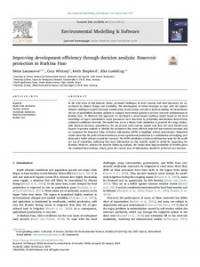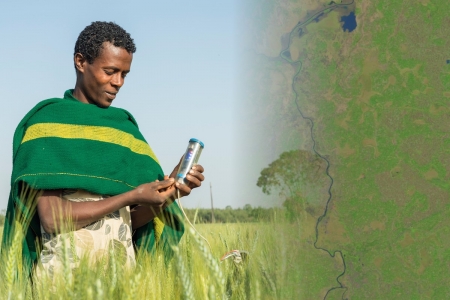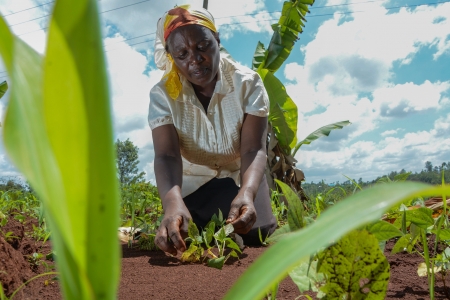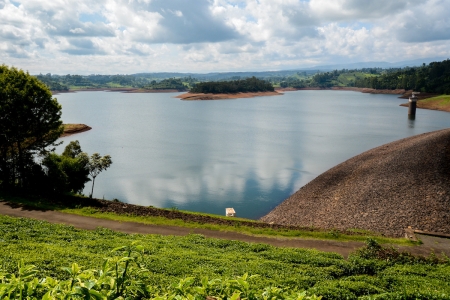Indigenous and other place-based, local communities often receive recommendations for development and sustainability goals, designed to help foster resilience and adaptation. But these policies, commitments, and actions -- created by external institutions -- often fail to consider the needs and circumstances of the community itself.
Thus, these proposed measurement systems are poorly aligned with local contexts and needs.
Building and implementing effective measurement systems for resilience hinges on the social, cultural, and environmental conditions of any place. While tailored approaches present a host of challenges, local communities should still be involved in indicator development.
The following tool makes the case for just this. It presents seven case studies and one model framework for culturally grounded indicator development. The initiatives are “biocultural,” meaning they take an approach “strongly grounded in local culture and values for understanding and managing social-ecological systems.”
Researchers who contributed to this tool were involved in the development processes of these indicators and frameworks. Some authors conducted focus groups and programs in the communities. The majority of the initiatives were developed in Pacific Island environments, but the lessons can be applied more broadly beyond.

















